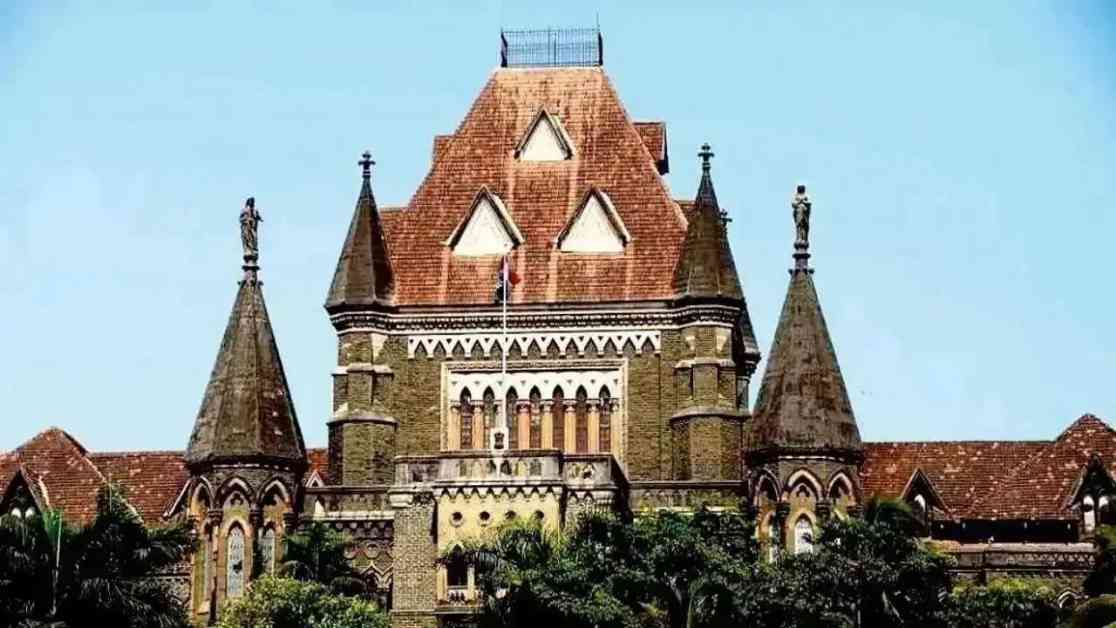The Bombay High Court (HC) recently made a decision regarding the release of a movie titled ‘Match Fixing – The Nation at Stake’ based on the 2008 Malegaon blast. The court refused to stay the release of the movie, stating that it was a work of fiction. This decision came after a petition filed by Lt Col Prasad Purohit, an accused in the case, seeking a stay on the film claiming that it would impact and influence the trial. Purohit’s lawyer argued that the movie portrayed “saffron terror” and tarnished his reputation.
The producer of the movie assured the court that it was a work of fiction based on a book already available in the market. The court suggested minor changes to the disclaimer of the movie, which the producer accepted. Despite Purohit’s concerns, the court dismissed the petition, stating that the movie being based on fiction did not pose a threat to the trial proceedings.
During the hearing, the court questioned Purohit’s claim that judges in India could be influenced by such movies. The court emphasized that if the book on which the movie was based was not banned, there was no reason to ban the film. Additionally, the court rejected a request to stay the movie’s release until after the Maharashtra Assembly elections, questioning the connection between the movie and the elections.
Another petition filed against the movie on the grounds that it hurt the sentiments of Muslims was withdrawn. The 2008 Malegaon blast resulted in the death of six people and injured over 100 individuals. Purohit, along with former Bharatiya Janata Party (BJP) lawmaker Pragya Singh Thakur and five others, are on trial under the Unlawful Activities (Prevention) Act (UAPA) and Indian Penal Code (IPC) for their alleged involvement in the blast conspiracy.
The case was initially investigated by the Maharashtra Anti-Terrorism Squad (ATS) before being transferred to the National Investigation Agency in 2011. The court’s decision to allow the release of the movie despite objections highlights the importance of distinguishing between fiction and reality in legal proceedings.




















